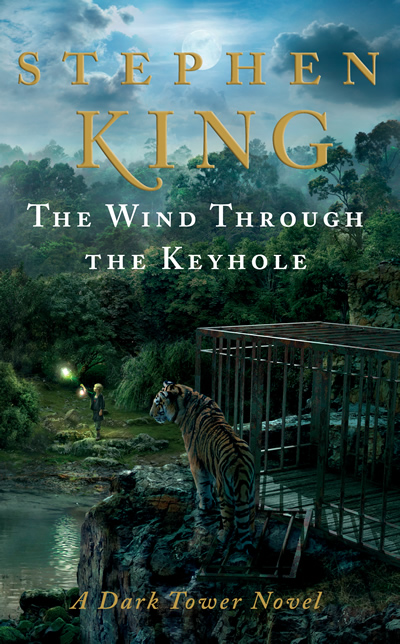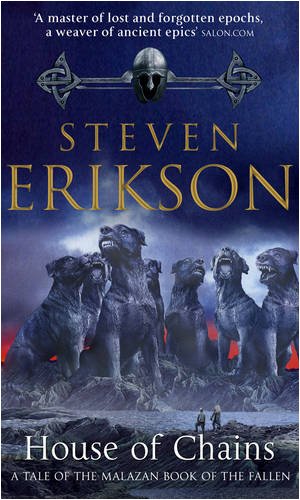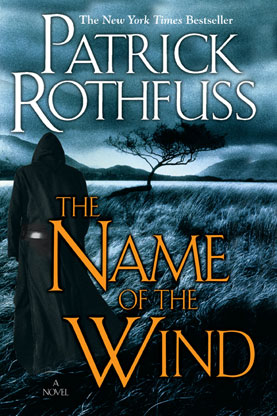I am alive! It has been almost two years since I updated the blog. What can I say? A lot has been going on (and will continue to be in the foreseeable future with a brand new daughter on the way!). I'm going to try my darndest to get back to semi-regular blog updates.
For anyone interested in seeing what I've been up to reading-wise, take a look at my Goodreads profile. That's actually part of the problem--Goodreads requires so much less activation energy for keeping track of my reading than writing blog posts! The best book I've read in my absence is probably Crime and Punishment by Fyodor Dostoyevsky (1866), but I don't have the wherewithal to tackle a review of it other than to say read it if you haven't already done so.
For anyone interested in seeing what I've been up to reading-wise, take a look at my Goodreads profile. That's actually part of the problem--Goodreads requires so much less activation energy for keeping track of my reading than writing blog posts! The best book I've read in my absence is probably Crime and Punishment by Fyodor Dostoyevsky (1866), but I don't have the wherewithal to tackle a review of it other than to say read it if you haven't already done so.
My latest read was an Amazon Kindle freebie entitled Forty Days at Kamas by Preston Fleming (2013). The novel has an intriguing dystopian premise (I'm a sucker for dystopias--I'll even admit to having read Divergent during my hiatus from the blog [rating: 1 hamster...don't get me started]). It follows events in a prison camp for political prisoners in an imagined totalitarian America of 2024. It is told through the eyes of Paul Wagner, a former businessman, who lands as an inmate at the camp after a trumped up political accusation tears him from his family. After a series of brutal incidents, the mood in the camp begins to simmer and eventually boils over into a rather ill-advised open rebellion.
The prose itself was well written (always a major concern with self-published ebooks!), however I couldn't get past several hangups in the world-building and plot:
1) I desperately wanted--no, needed--to know more about the events (referred to, rather unoriginally, as 'the Events') that bring about the dystopian United States as presented in the novel. It is implausible to suggest that the USA could devolve from the constitutional republic we currently enjoy to the brutal totalitarian regime described in the novel in the short space of 10-ish years. Such a bold brushstroke demands (at least in my view) more of an explanation to the reader.
2) There wasn't much of anything to distinguish the totalitarian society as distinctly American--it could just as easily have been a Jamaican or Brazilian prison camp as far as I was concerned. Instead of dismantling the abandoned environs of Park City, Utah, they could have been picking bananas on a tropical plantation without impacting the plot in the slightest.
3) Why on earth did the Security people spend so much time and energy negotiating with the prisoners, making promises to them, planting spies among them, etc. during the revolt? The brutal treatment and indiscriminate killing of prisoners that pervaded life in the camp convinced me early on that there was nothing to stop the authorities from wiping the prison camp off the face of the map without a second thought (SPOILER ALERT: as, indeed, happens).
I'm probably intrigued enough to check out the second book of the series, if only to see if any of my questions are addressed, but let's just say it won't be flying to the top of my reading list.

















